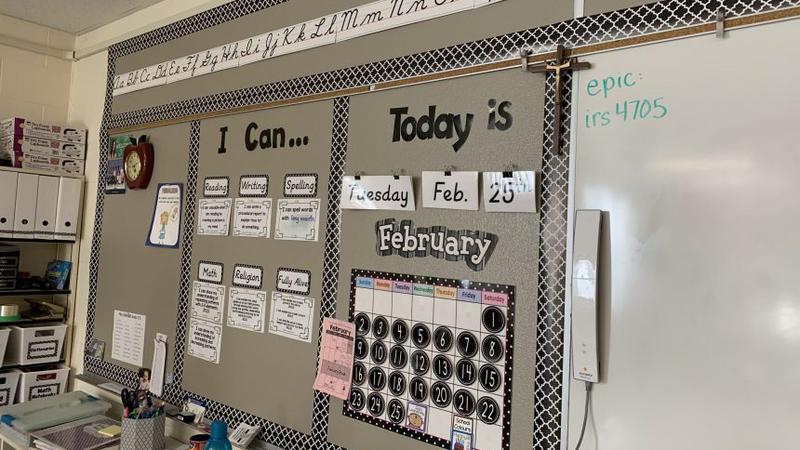
School support workers worried they aren’t being protected
Schools have had to change all kinds of things for the pandemic – from recess times to semester schedules to band practice.
But some support workers in the schools say they’re not protected. Jackie Christianson is the president of CUPE Local 3766, which covers about 600 support workers in the Regina public school division like education and teaching assistants.
“We are worried. We are concerned,” said Christianson.
Christianson said most of her members are not assigned to specific cohorts like teachers are, so they could ostensibly come into contact with hundreds of students in a day.


